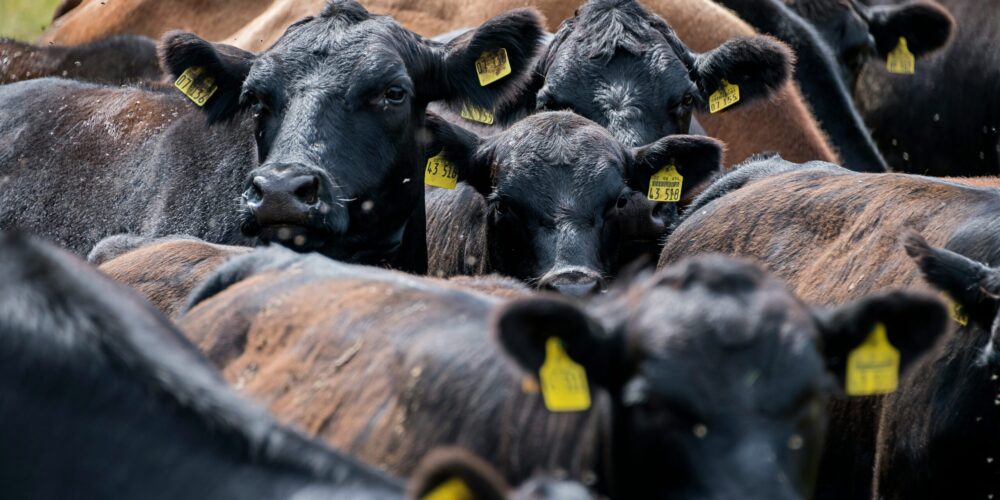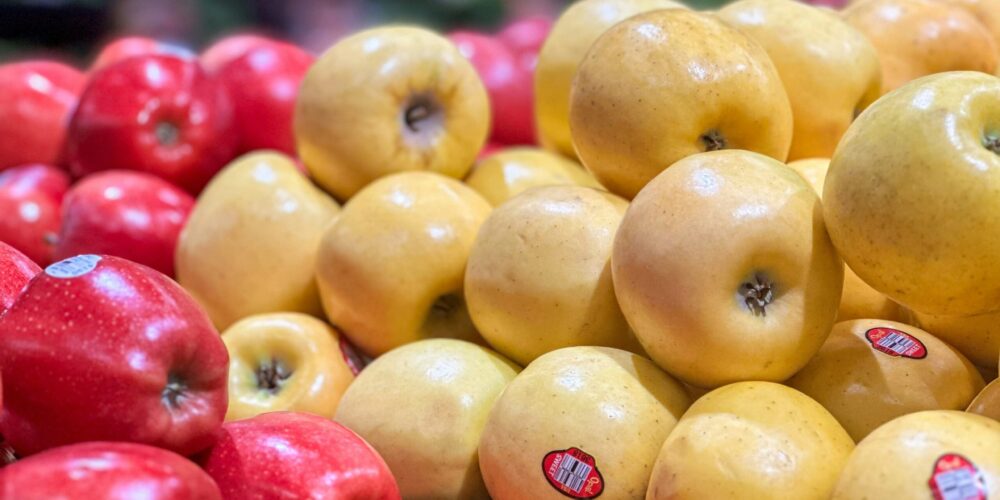Recent developments in Namibia have garnered attention, with several local articles…

Transformative Initiatives Propel Agricultural Development and Food Security in Africa
In an era where climate change, conflicts, and economic disruptions pose significant threats to food security across the globe, Africa is stepping up its efforts to transform its agricultural sector. Strategic collaborations and innovative initiatives are at the forefront of this transformation, aimed at not only ensuring food security but also fostering sustainable development across the continent.
A recent collaborative effort between the OCP Group and various organizations, including the World Bank and the International Finance Corporation (IFC), exemplifies the push towards enhancing agricultural productivity in Africa. This partnership focuses on providing farmers with customized fertilizers tailored to the unique needs of their soil, thus improving crop yields and promoting sustainable farming practices. Additionally, the use of cutting-edge technologies like blockchain in trade finance is set to revolutionize agricultural trade, making it more transparent and efficient.
The World Bank’s comprehensive report on achieving food and nutrition security in Africa by 2030 sheds light on the multifaceted approach required to tackle this issue. The report highlights the necessity of developing drought-resistant crop varieties, leveraging digital technologies, and addressing the impacts of conflicts on food security. For instance, the West Africa Agricultural Productivity Program in Senegal has made significant strides by introducing high-yielding, drought-resistant crops, which have led to a 30% increase in yields. Furthermore, digital tools such as automated irrigation systems and e-commerce platforms are being touted for their potential to improve agricultural productivity and integrate smallholder farmers into broader value chains.
However, the challenges are manifold, with the ripple effects of global conflicts and the COVID-19 pandemic exacerbating the food security crisis in many African countries. The continent, which already faces the highest prevalence of hunger globally, is grappling with the adverse effects of these crises on its agriculture sector. The situation is dire, with many rural communities unable to cope with the soaring food prices, as they spend a substantial portion of their income on sustenance.
In response to these challenges, the African Agricultural Transformation Initiative (AATI) was launched as a beacon of hope. With a budget of $19.6 million extending until 2025, AATI is poised to bridge the gap between the formulation of strategic agricultural initiatives and their successful implementation at the grassroots level. The initiative’s primary goal is to speed up and strengthen the implementation process, thereby significantly improving food security, reducing rural poverty, and aiding small-scale farmers in adapting to climate change.
AATI’s approach is inclusive and collaborative, involving a broad spectrum of stakeholders, including governments, private sector entities, civil society, and international organizations. The initiative is currently rolling out its first wave in Ghana, Kenya, Malawi, and Senegal, aiming to accelerate effective and sustainable changes in their food systems. The plan is to extend these learnings and support to other African nations, fostering a collaborative environment where countries can share experiences and overcome common challenges together.
This initiative is a result of the close collaboration among the Alliance for a Green Revolution in Africa (AGRA), the Bill & Melinda Gates Foundation, the UN’s International Fund for Agricultural Development (IFAD), and McKinsey & Company. Their collective effort underscores the importance of partnering and learning from each other to transform the agriculture sector effectively.
As these initiatives unfold, the potential for transforming African agriculture looks promising. The emphasis on developing drought-resistant crops, incorporating digital innovations, and fostering a collaborative environment for knowledge sharing and implementation sets a solid foundation for sustainable growth. However, the success of these initiatives hinges on continued support from international partners and the commitment of the African nations to drive these changes forward.
With food security being a cornerstone for economic stability and development, the ongoing efforts to revolutionize agriculture in Africa could not only alleviate hunger and poverty but also pave the way for a more prosperous and resilient continent. As these transformative initiatives gain momentum, the dream of a food-secure Africa is inching closer to reality, promising a brighter future for millions of its inhabitants.


